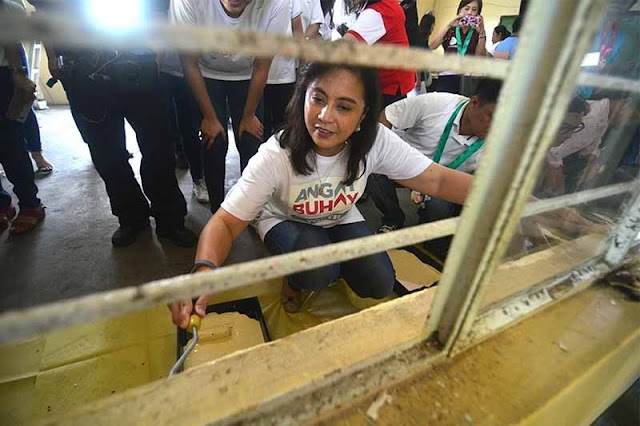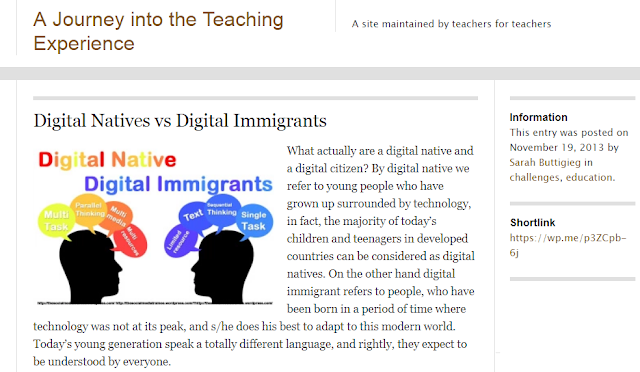What Schools in the Philippines Really Need

Just before the start of a new school year, communities are again helping out in preparing the classrooms. Of course, some politicians take this as photo opportunities. After all, being photographed while applying fresh paint on a wall may bring the message that something is being done to help basic education in the Philippines. Yes, walls with fresh paint may seem inviting but the challenges faced by students in schools in the Philippines should be addressed with solutions that actually understand and address their problems. The prevalence of poverty, the fact that a significant number of parents are working overseas, and the various tracks now available for senior high school should make it obvious that students in schools need a individual who would offer a listening ear and provide guidance. Students in the Philippines, like students in other countries, need counseling. Yet, the country remains short in the number of guidance counselors. Earlier this year, ABS-CBN News reported , &









